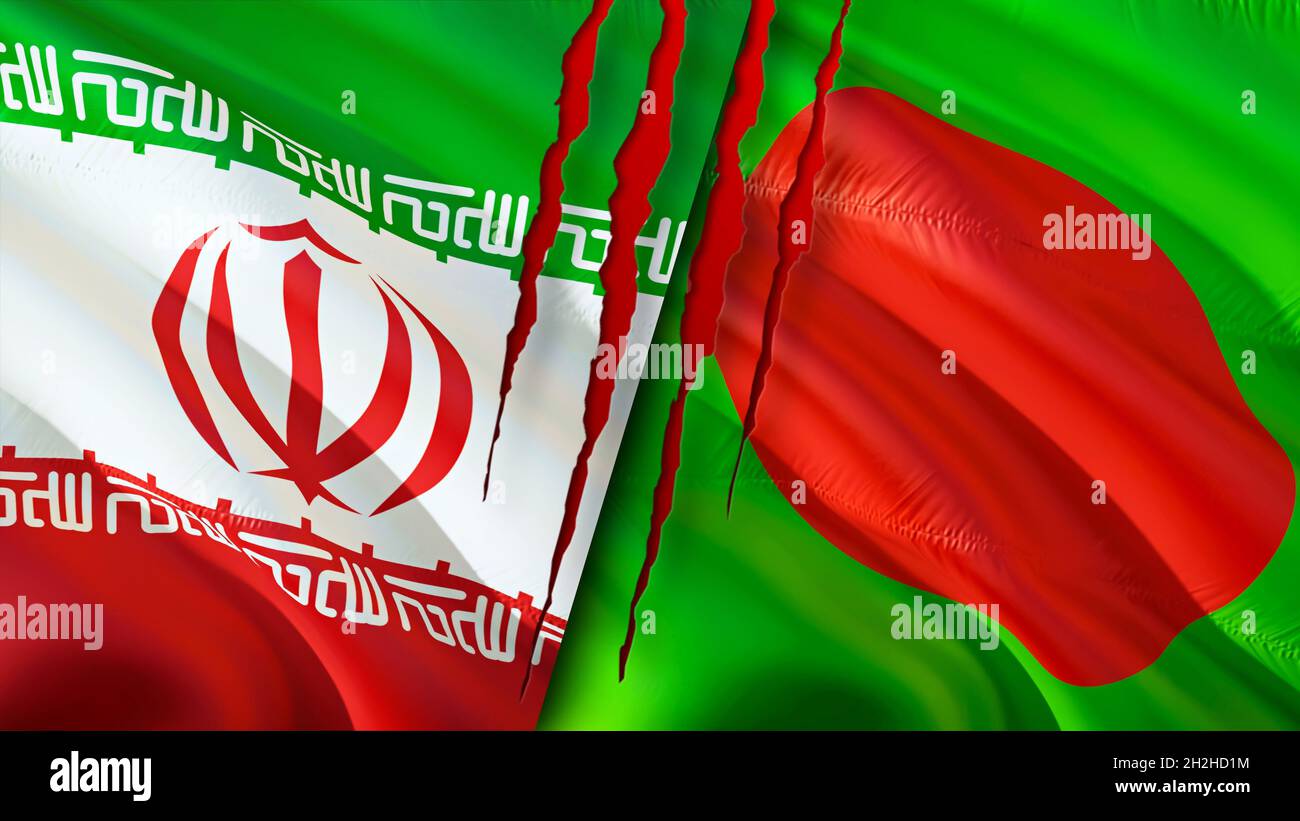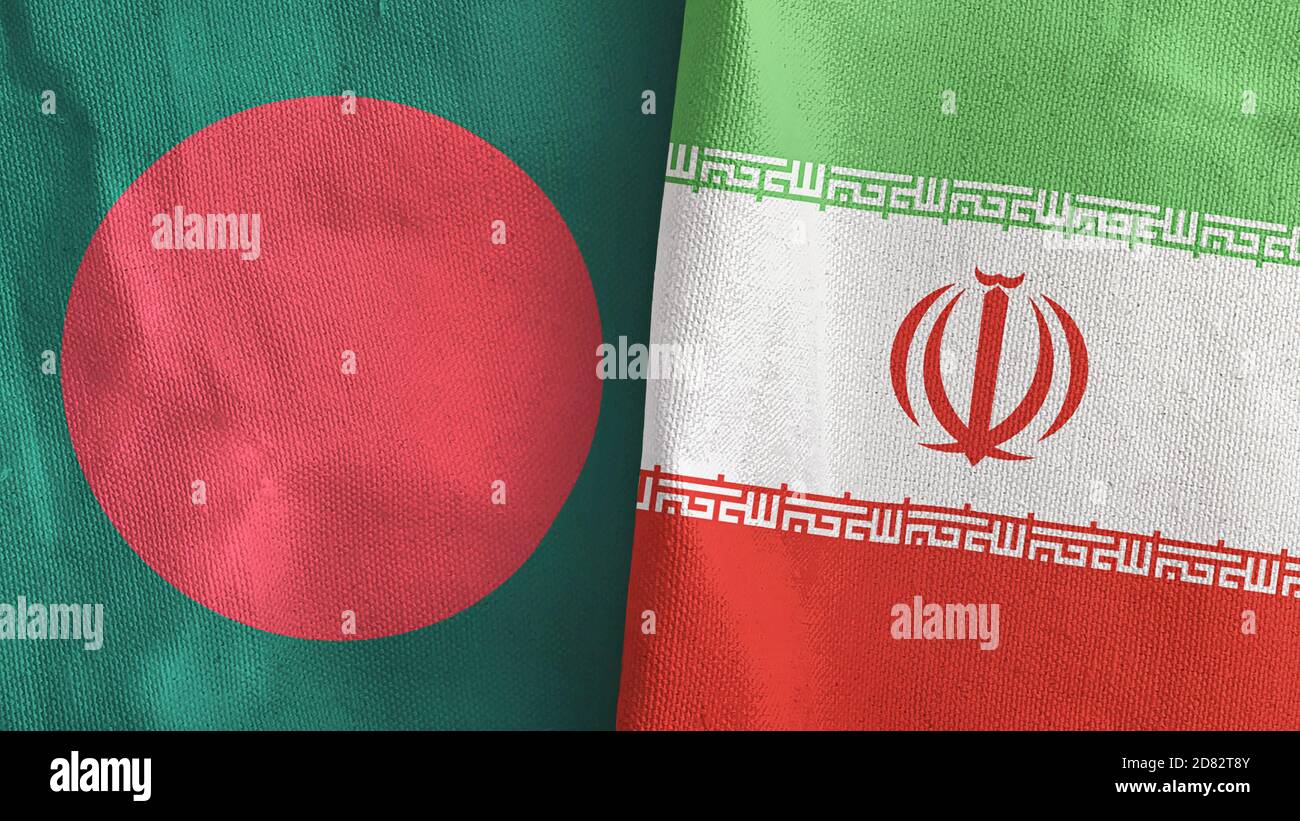Bangladesh-Iran Relations: Bridging Continents, Building Futures
The relationship between Bangladesh and Iran, two nations with deep historical and cultural ties, stands at a pivotal juncture. From ancient trade routes to contemporary diplomatic engagements, their bond has evolved, reflecting shared aspirations for economic prosperity, cultural exchange, and regional stability. This article delves into the multifaceted dimensions of their bilateral ties, exploring the historical underpinnings, current economic dynamics, and the geopolitical challenges that shape their future trajectory.
Understanding the intricate layers of Bangladesh-Iran relations is crucial for appreciating the broader geopolitical landscape of South Asia and the Middle East. Despite geographical distance, both countries share a rich Islamic heritage and a common interest in fostering South-South cooperation. However, like any complex international relationship, it is not without its challenges, particularly in an increasingly volatile global environment. This exploration aims to provide a comprehensive overview, drawing on recent developments and expert insights to illuminate the path forward for these two significant nations.
Table of Contents
- Historical and Cultural Ties: A Shared Heritage
- Economic Engagement: Unrealized Potential and Future Prospects
- Diplomatic Initiatives: Strengthening Bilateral Bonds
- Geopolitical Impacts: Navigating Regional Conflicts
- Cultural and Educational Cooperation: Fostering People-to-People Connections
- Challenges and Opportunities Ahead for Bangladesh-Iran
- Conclusion: Charting a Course for Deeper Engagement
Historical and Cultural Ties: A Shared Heritage
The relationship between Bangladesh and Iran is not merely a modern construct but is rooted in centuries of shared history and cultural exchange. From ancient times, Persian traders, Sufi mystics, and scholars journeyed to the fertile lands of Bengal, bringing with them not just goods but also profound cultural and religious influences. Persian was once the court language of various Sultanates and empires that ruled Bengal, profoundly shaping the Bengali language, literature, and architectural styles. Many Bengali words have Persian origins, and the rich tradition of Sufi poetry and philosophy in Bangladesh bears an indelible mark of Iranian civilization. This deep historical and cultural intermingling has fostered a unique bond, creating a sense of familiarity and mutual respect that transcends geographical distance and modern political boundaries. This shared heritage serves as a robust foundation upon which contemporary **Bangladesh-Iran** relations can continue to build and flourish, promoting understanding and cooperation on multiple fronts.Economic Engagement: Unrealized Potential and Future Prospects
Economic cooperation remains a cornerstone of the **Bangladesh-Iran** relationship, albeit one with significant untapped potential. Both nations recognize the mutual benefits of enhanced trade and investment, yet practical hurdles have often impeded progress, leading to a gap between declared intent and actual outcomes.Early Trade Agreements and Their Challenges
The intent to formalize and boost trade has been evident for decades. As far back as **February 20, 2001**, Bangladesh and Iran signed a Memorandum of Understanding (MoU) aimed at forging a bilateral trade agreement. This early initiative underscored a clear commitment to strengthening economic ties and laying down a structured framework for commerce. Further demonstrating this resolve, a preferential trade agreement (PTA) was signed between the two countries in **2006**. This PTA was designed to reduce tariffs on a range of goods, thereby making trade between the two nations more competitive and attractive. However, despite these promising starts, the PTA has unfortunately "remained not functional for the last nine years." This stagnation highlights a persistent challenge in translating diplomatic intentions into tangible economic outcomes. The reasons for this dormancy are multi-faceted. They likely include the impact of international sanctions on Iran, which have complicated banking and financial transactions, making it difficult for businesses to conduct trade. Furthermore, a lack of consistent follow-through, insufficient awareness among private sector actors in both countries about the agreement's benefits, and bureaucratic complexities may have also contributed to its non-functionality. This situation underscores the urgent need for a renewed and pragmatic approach to activate these agreements and overcome the hurdles that have historically stifled trade.Current Trade Dynamics and Diversification Efforts
Despite past challenges, there is a renewed push to invigorate trade and unlock the vast potential that exists. Officials from both sides are actively seeking ways to expand and diversify bilateral trade and investment. For instance, the Ambassador of Iran to Bangladesh, Mansour Chavoshi, recently met with BGMEA (Bangladesh Garment Manufacturers and Exporters Association) President Faruque Hassan to discuss "potential areas of expanding and diversifying bilateral trade and investment between the two countries." This meeting, also attended by BGMEA Vice President Shahidullah Azim, Chair of BGMEA Standing Committee on Trade Fair, signifies a targeted approach towards specific sectors. Bangladesh, a global leader in ready-made garments, sees potential in exporting more textile products to Iran, while Iran could offer raw materials, energy, and certain industrial goods. Furthermore, high-level engagements are taking place in Tehran to solidify these intentions. In a bid to enhance trade relations, Hossein Selahvarzi, the newly elected head of the Iran Chamber of Commerce, Industries, Mines, and Agriculture (ICCIMA), held a significant meeting with the Ambassador of Bangladesh in Tehran, Manjurul Karim Khan Chowdhury. These discussions are crucial for identifying new avenues for cooperation, streamlining trade processes, and overcoming existing barriers. Such dialogues often focus on non-traditional exports, joint ventures, and investment opportunities in sectors like pharmaceuticals, agriculture, and energy. Shahriar, a Bangladeshi official, also "briefed him about the trade potential between Bangladesh and Iran and urged for more visits of trade delegations," emphasizing the critical importance of direct engagement and business-to-business interactions. These delegations can facilitate market exploration, establish direct contacts, and build trust, which are essential for translating diplomatic goodwill into concrete economic partnerships for **Bangladesh and Iran**.Diplomatic Initiatives: Strengthening Bilateral Bonds
Beyond the realm of trade, the broader diplomatic landscape between **Bangladesh and Iran** is characterized by a mutual desire for deeper engagement across various sectors. **International relations between Bangladesh and Iran** are steadily evolving, with both nations actively pursuing avenues for enhanced cooperation on regional and global platforms. Iran, in particular, has expressed a strong interest in strengthening its bilateral relations with Bangladesh. This interest spans "various sectors, including trade and commerce, culture, energy, education, and health." This comprehensive approach signifies Iran's view of Bangladesh not just as a trading partner but as a significant ally in South Asia, with whom it can foster a multi-dimensional partnership. This broad interest was clearly conveyed during a courtesy visit by Iranian Ambassador to Bangladesh, Mansour Chavoshi, who met with key Bangladeshi officials. Such high-level diplomatic interactions are vital for setting the agenda, fostering trust, and facilitating cooperation across a broad spectrum of national interests. These meetings often lay the groundwork for future agreements, cultural exchange programs, and joint ventures. The very existence and active maintenance of the "website of Bangladesh Embassy, Tehran, Iran" serves as a testament to the ongoing diplomatic presence and the commitment to maintaining open channels of communication, ensuring that bilateral ties remain strong and responsive to evolving global dynamics. Both nations frequently engage in multilateral forums, often finding common ground on issues related to Islamic solidarity, developing world concerns, and South-South cooperation, further cementing their diplomatic rapport.Geopolitical Impacts: Navigating Regional Conflicts
The geopolitical landscape of the Middle East, particularly the ongoing conflicts and tensions, casts a long shadow over the economic stability and security of many nations, including Bangladesh. While not directly involved in the core of these conflicts, Bangladesh is "likely to be affected by the conflict" due to its intricate global economic linkages and reliance on the region for key resources and remittances.Remittance Risks and the Middle East Market
One of the most immediate and significant concerns for Bangladesh is the potential impact on its remittance earnings. "The conflict puts our remittance earnings at risk as the Middle East is a major market for Bangladesh’s labourers." Millions of Bangladeshi expatriates work in various Middle Eastern countries, including Saudi Arabia, UAE, Kuwait, and others, sending back vital foreign currency that forms a significant portion of Bangladesh's GDP. These remittances are a lifeline for countless families, directly contributing to poverty reduction, education, and healthcare at the grassroots level. Any instability, economic downturn, or large-scale displacement in the region, exacerbated by escalating conflicts, could directly jeopardize the livelihoods of these workers. This, in turn, would lead to a drastic reduction in remittance inflows, posing a severe threat to Bangladesh's foreign exchange reserves and overall macroeconomic stability. This is a critical YMYL (Your Money or Your Life) issue for Bangladesh, directly impacting the financial well-being of millions of citizens and the nation's economic resilience. The government closely monitors the situation to ensure the safety and economic security of its expatriate workforce.Fuel Imports and Energy Security Concerns
Another pressing concern for Bangladesh revolves around its energy security, a vital component for its burgeoning industrial sector and daily life. "Furthermore, oil prices could affect trade logistics." More critically, "Bangladesh may face disruptions to its fuel imports if the conflict between Iran and Israel escalates further, according to industry experts and officials." The country's heavy reliance on "shipments" for its energy needs makes it particularly vulnerable to disruptions in global oil markets and shipping lanes. Escalating tensions, especially involving a major oil producer like Iran, could lead to volatile oil prices, increased shipping costs, and even severe supply chain disruptions. This would directly impact Bangladesh's industrial output, transportation, power generation, and overall economic stability, potentially leading to inflation and slower economic growth. This highlights the delicate balance Bangladesh must maintain in its foreign policy and economic planning amidst regional volatilities. The gravity of the situation has even led to "Bangladesh relocating embassy officials in Iran" due to heightened safety concerns, underscoring the direct impact of regional instability on diplomatic operations and personnel. The stark reality that "At this moment, there is no way to leave Iran (by air)," further illustrates the severity of the situation and the immense challenges faced by diplomatic missions and citizens alike during times of crisis. These concerns underscore the need for Bangladesh to diversify its energy sources and strengthen its strategic reserves.Cultural and Educational Cooperation: Fostering People-to-People Connections
Beyond economics and politics, the cultural and educational dimensions of the **Bangladesh-Iran** relationship are equally vital for fostering long-term mutual understanding and goodwill. Both nations share a deep appreciation for art, literature, and intellectual pursuits, stemming from their shared historical interactions. Initiatives like the "Press release on celebrating Festival of Youth 2025" hint at future plans for cultural exchange, aiming to foster understanding and camaraderie among younger generations. These exchanges can take various forms, including academic scholarships for students to study in each other's countries- Terry Leslie Mcqueen
- Jonathan Roumie Partner
- Averyleigh Onlyfans Sex
- Tyreek Hill Height And Weight
- Shyna Khatri New Web Series

Iran and Bangladesh flags with scar concept. Waving flag,3D rendering

US - Iran Crisis: Implications For Bangladesh

Bangladesh iran flag hi-res stock photography and images - Alamy